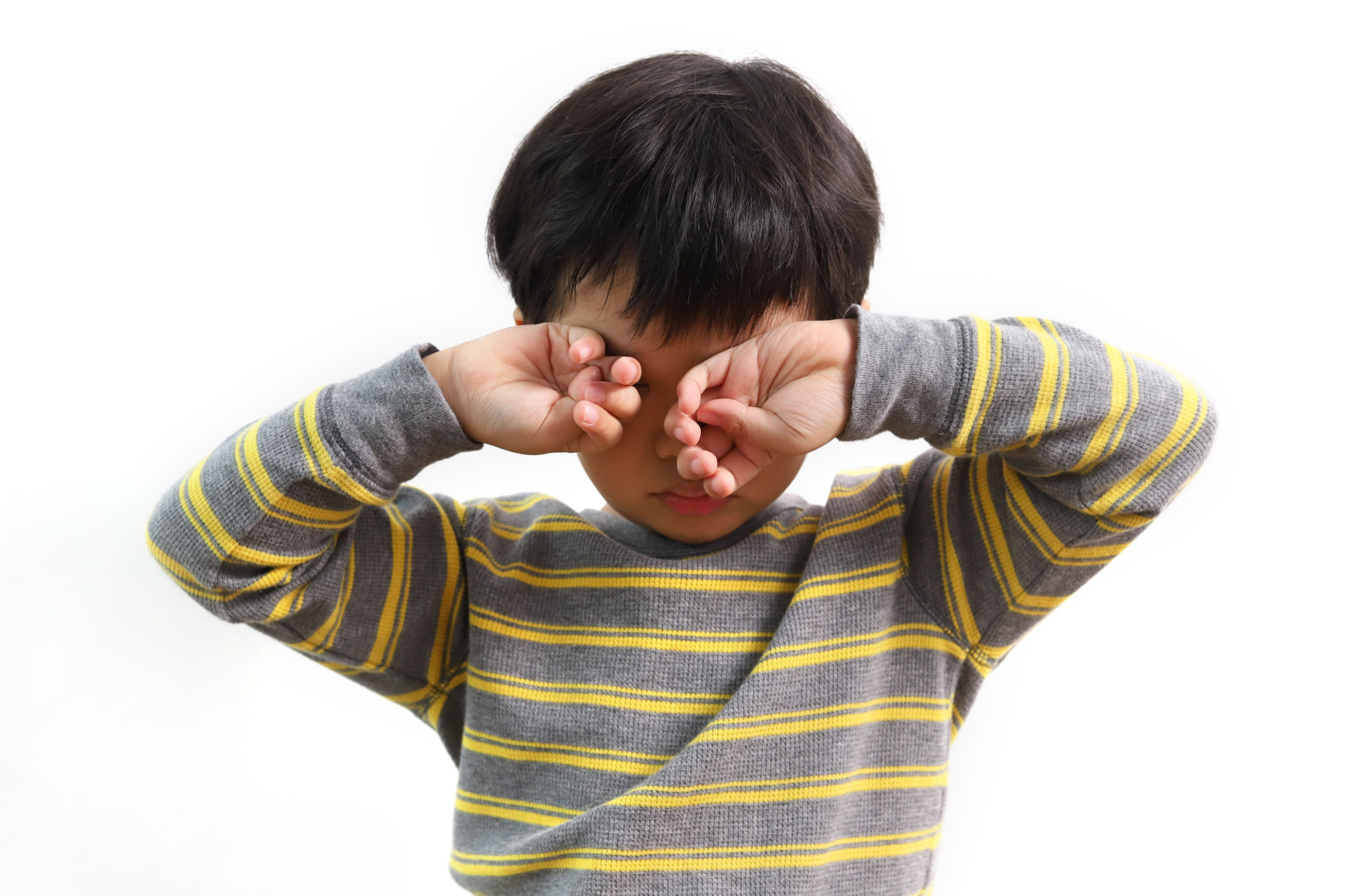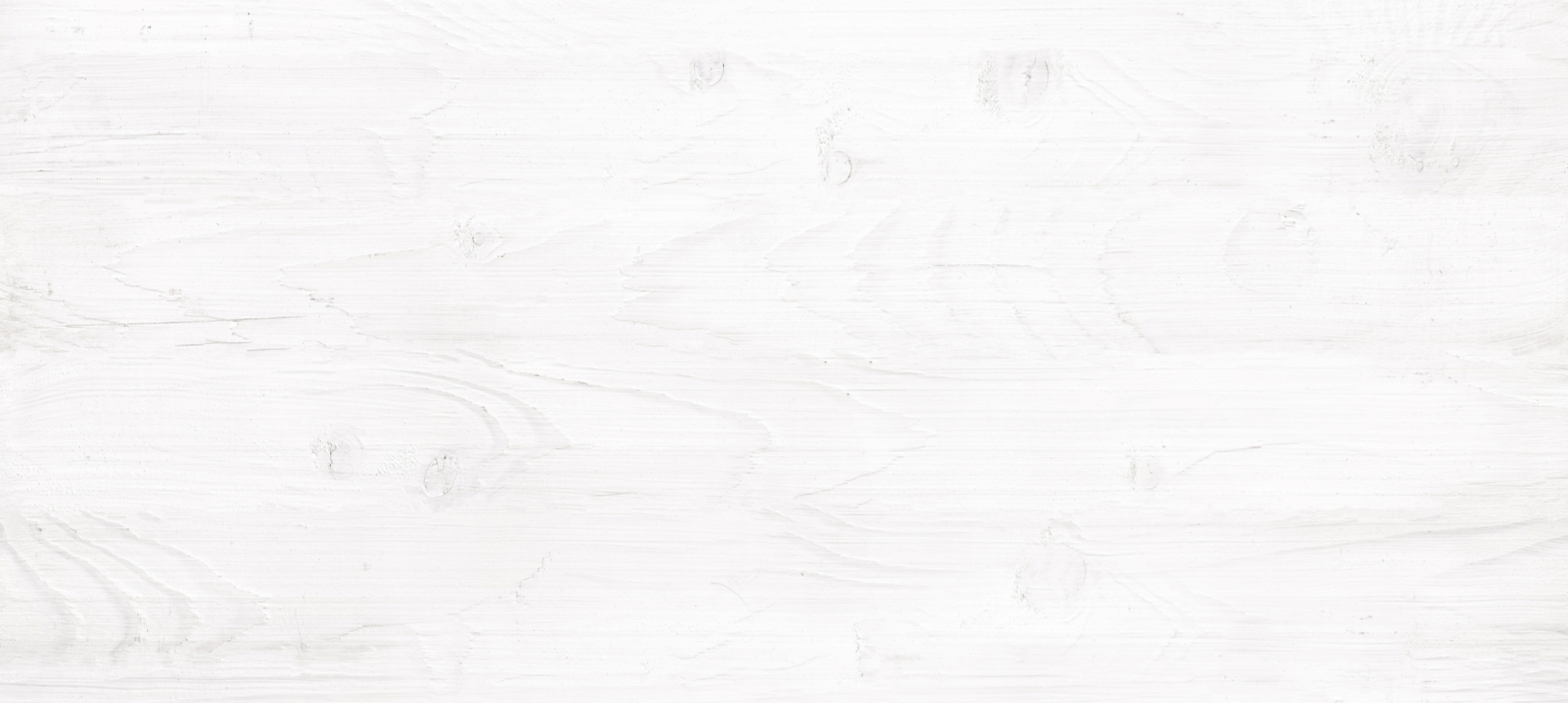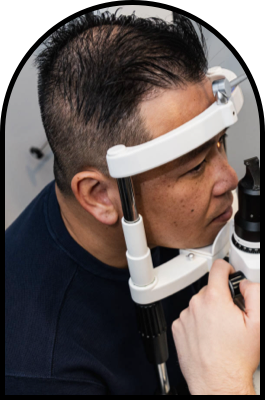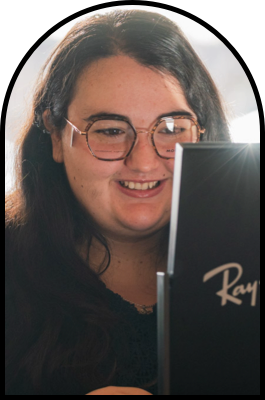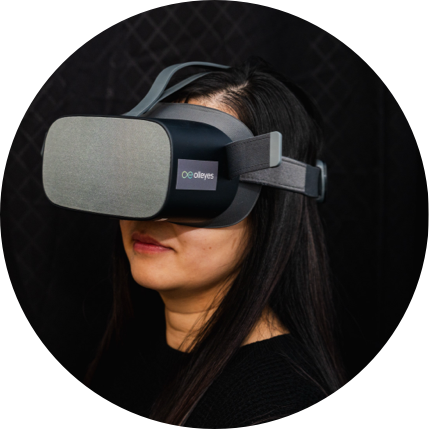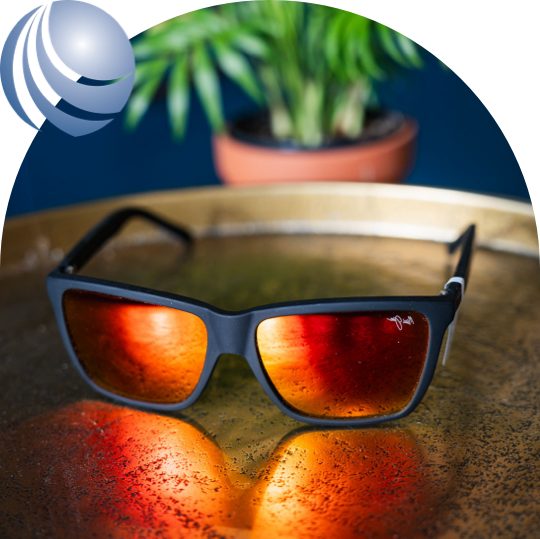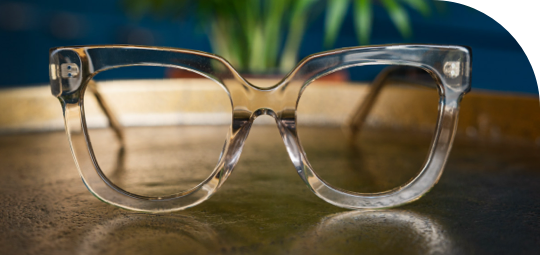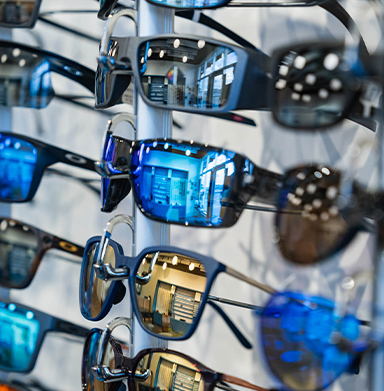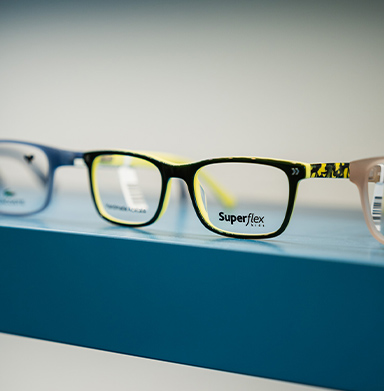Vision therapy can be a great tool to help treat a wide range of vision and eye problems. It’s like physical therapy, but for the eyes—it trains the visual system to work properly. It can be helpful for issues like lazy eye, crossed eyes, and many different learning difficulties that children experience. But as a parent, you might find yourself wondering, “What are the signs that my child needs vision therapy?”
Here are 5 signs that your child may need vision therapy:
- They are frequently squinting or rubbing their eyes
- They are having reading difficulties
- They are not focusing in school
- They frequently complain about headaches
- They have poor hand-eye coordination
1. They Are Frequently Squinting or Rubbing Their Eyes
If your child often squints or rubs their eyes—especially when they are trying to focus on something—it could be a sign that they are struggling with their vision. This act is typically a way for them to temporarily improve their focus.
Usually, frequent squinting is an indicator that their eyes are working harder than necessary to properly do their job. Maybe your child is having trouble focusing on things at a distance, or they are finding it difficult to track a moving object with their eyes. Vision therapy may be able to help.
Your child can work closely with a trained eye care professional to train these skills. Through vision therapy, they will get a custom program that helps them train their eyes and brain to work closely in unison, which can make it much easier for them to focus on what they are seeing.
2. They Are Having Reading Difficulties
Have you ever read aloud with your child and noticed they often lose their place? Maybe they cannot finish a sentence here or there, or maybe they are skipping lines without realizing it. If so, your child might be dealing with something called convergence insufficiency.
Convergence insufficiency occurs when your child’s eyes cannot properly focus on a nearby object. Their eyes do not converge properly, causing the words on a page to appear blurry and difficult to read. It often causes:
- Double vision when reading or doing close work
- Headaches or eye strain after reading
- Difficulty maintaining concentration when reading
- Words appearing to jump or move around on the page
- Difficulty remembering what was just read
- Fatigue or tiredness after doing close work
Vision therapy may just be the answer. Through targeted exercises, your child can learn to accurately and effectively use their eye muscles and learn to better process the information on the page. This can make reading, writing, and other near tasks much more enjoyable.
3. They Are Not Focusing in School
If teachers are reporting that your child is not able to focus in class, it is possible that your child is struggling with their vision. It may not be a behavioural problem—it may be an indicator that your child is not able to see the board or process their surroundings properly.
Vision problems often make it difficult for children to focus on their work. And since over 80% of a child’s learning is vision-based, this can be an extremely frustrating roadblock to their education.
In vision therapy, your child can learn the skills needed to properly process the visual information they are taking in. This may just be the tool needed for your child to succeed academically!
4. They Frequently Complain About Headaches
Nobody likes a headache. They can be a debilitating part of your day, but they’re often a sign of an underlying issue.
If your child frequently reports that they are dealing with headaches, they may be experiencing a vision problem without being aware of it. Try keeping an eye out next time they are reading or using a computer. If they develop a headache, their eyes are working harder than they have to and they are starting to develop eye strain.
It could be a sign that they are experiencing double vision, convergence insufficiency, or even a problem with their binocular vision—all of which can be treated with the help of vision therapy.
5. They Have Poor Hand-Eye Coordination
If you child is having difficulty catching a ball, navigating a crowded space, or tripping over their own feet, they might be dealing with an issue with their hand-eye coordination.
Your hand-eye coordination is the ability to use your eyes and hands together in a coordinated way. It is an important skill for everyday tasks, like:
- Writing
- Drawing
- Playing sports
- Navigating the world safely
Vision therapy can help improve hand-eye coordination by honing visual skills that are essential for activities requiring good hand-eye coordination. As they go through vision therapy, your child can hone these skills, which can benefit them in a myriad of ways.
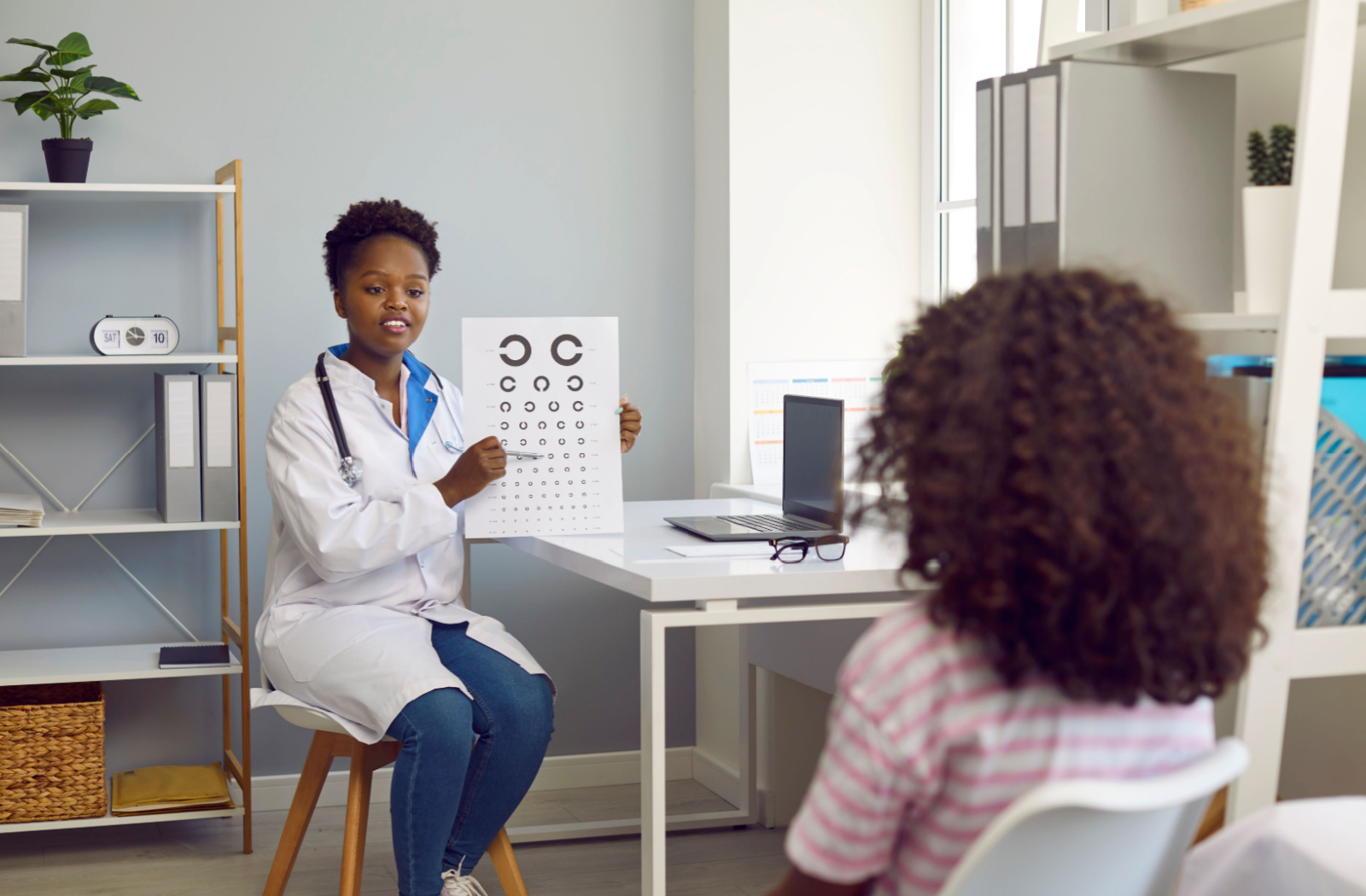
Try Vision Therapy with Us Today
If you have noticed any of these signs in your child, it might be time to explore the benefits of vision therapy. At Chestermere Optometry, we are passionate about helping children overcome their vision issues and thrive in their daily lives. Book an appointment with us today!


